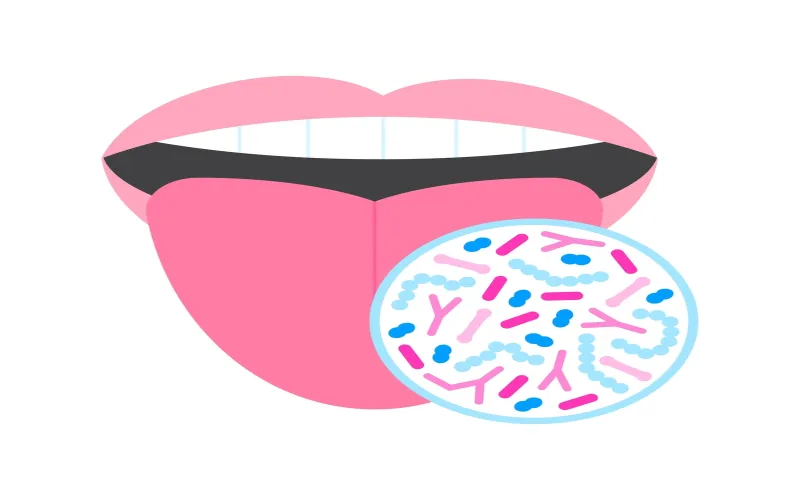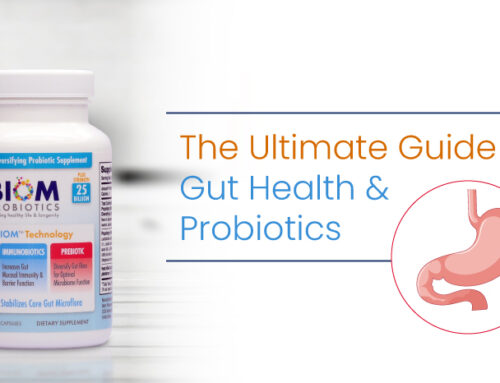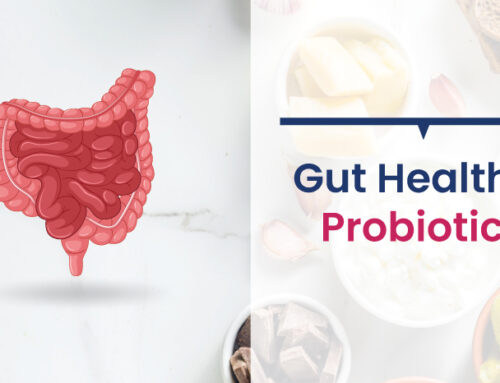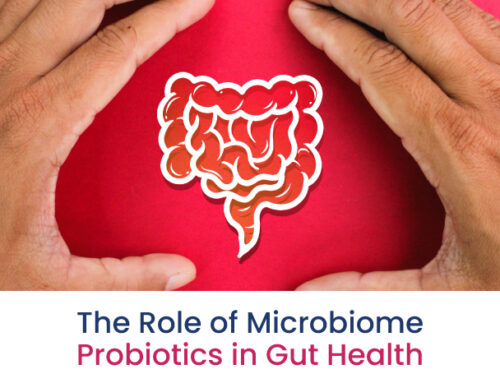Probiotics have been advocated as a relatively new approach to treating disease. As more and more information on the microbiome becomes available, probiotics look increasingly promising. However, one study questioned how probiotics can affect healthy species. The animal study tested how probiotics can affect the composition of other microbiotas in the body, namely the respiratory and blood microbiotas.
Probiotics, thriving representatives of live bacteria beneficial for health, have seen a sharp incline in popularity due to their significant roles in the modern health paradigm. With a growing understanding of the diverse microbiota playing critical roles in human health, these microorganisms have become imperative in shaping discussions around well-being.
The Intricate World of Microbiota
The term “microbiota” encapsulates the vast army of microbes, including bacteria, that reside in our body, integral to our health and immune responses. While many associate bacteria with infections and diseases, the reality is that many parts of our body, from our gut to our skin, harbor a unique set of microbiota essential for our health. Each region’s microbiota differs, playing specific roles and reacting uniquely to environmental changes, diet, and more.
Understanding Probiotics: Beyond the Basics
At the crux of the discussion lies probiotics, prebiotics, and postbiotics. Probiotics are live bacteria (like Lactobacillus and Bifidobacterium strains) that confer health benefits when consumed, often found in fermented foods. Prebiotics are compounds that induce the growth or activity of these beneficial microorganisms. Postbiotics, in contrast, are metabolic byproducts from these bacteria. As one introduces probiotics into their system, they dynamically interact with the existing microbiota, inducing various health effects by altering the microbiome composition.
The study found that probiotics can inhibit the colonization of pathogens by crowding out harmful bacteria with normal gastrointestinal flora. Interestingly, oral probiotics can prevent disease or decrease the severity of conditions outside the gastrointestinal tract. The administration of a probiotic affected the microbiota of the respiratory tract as well. This all adds to the growing evidence that probiotics can improve the health of patients with dysbiosis. It has been proposed that the gut cross-talks to the body, allowing it to influence things such as immune function. The gut microbiome is proving to be incredibly important to immune homeostasis, and it seems that probiotics can assist with that.
The Gut-Brain Connection: Probiotics’ Role in Mental Health
Diving deep into the gut-brain axis realm, evidence suggests the gut microbiota’s role in influencing mental health. Certain probiotic strains can release metabolites affecting neural pathways, potentially influencing mood and cognitive functions. According to some studies on rats and mice, the introduction of targeted probiotics has even shown potential in alleviating symptoms of anxiety and depression.
Skin Microbiota and Probiotics
The skin, our largest organ, hosts many bacteria forming the skin flora, which is vital for dermatological health. Topical and oral probiotics are essential in maintaining this balance, with potential benefits ranging from reducing inflammation to combating certain skin disorders. These probiotics may also assist in colonization resistance, preventing pathogens from gaining a foothold.
Oral Microbiota: Beyond Oral Hygiene
Beyond brushing and flossing, a balanced oral microbiota is essential for preventing oral diseases. Incorporating certain probiotic strains can potentially combat oral pathogens and reduce the risk of oral diseases, underscoring their significance in oral health.

Urogenital Microbiota: Maintaining Balance in Intimate Areas
The urogenital tract, like other body parts, has its delicate microbial environment. Probiotics have shown promise in combating infections and maintaining the necessary pH balance, helping preserve urogenital health in humans.
Probiotics and the Immune System
The gut microbiota, rich in bacteria and microorganisms, is an influential factor in shaping our immune responses. The addition of certain probiotics can potentially modulate the immune system, reducing inflammation and providing protection against certain diseases. This interaction is a testament to the intricate balance between gut microbes and our overall health.
Safety and Considerations when Choosing Probiotics
Not all probiotics are created equal. Factors like strain specificity and targeted health outcomes are vital when deciding on a supplement. Some strains might benefit inflammatory bowel disease, while others might assist with disorders like obesity. Knowing the correct pressure and its effects is paramount for optimal health benefits.
Challenges and Criticisms in Probiotic Research
Though promising, the world of probiotic research is riddled with variability in findings. This inconsistency calls for more rigorous, large-scale trials, as small studies often lack the diversity and population numbers needed to draw broad conclusions. While many benefits of probiotics have been documented, understanding the exact mechanisms, especially concerning fatty acids, antibiotics, and diverse human health aspects, remains challenging.
Harnessing the Power of Fermentation in Food Production
Fermentation, a process where microorganisms like bacteria transform food, is a prime example of the intricate relationship between our diet and the beneficial microbes in our system. Foods like yogurt and sauerkraut are not just palate-pleasing but are also loaded with probiotics. These foods undergo a fermentation process where bacteria break down carbohydrates into acids, promoting a healthy gut microbiome. This acid production, particularly lactic acid, creates an environment hostile to harmful pathogens, reducing the risk of infection.
Gut Development: Nutrients and Their Symbiotic Role
The intestines are more than just channels for food digestion; they are hosts to billions of bacteria, aiding in various physiological functions. Nutrients we consume, especially specific carbohydrates, play a pivotal role in this intricate dance. They act as fuel, promoting the growth and development of beneficial microbes. The byproducts of their life processes, in turn, aid our cells, especially those lining our intestines. These cells benefit from the compounds produced, enhancing nutrient absorption and overall intestinal health.
Balancing Act: Microbial Interactions and Diet
Understanding the amounts and types of food we consume is quintessential for a balanced gut microbiome. For instance, excess nutrients might favor the overgrowth of less beneficial microbes, while others might starve the helpful ones. Harnessing the power of fermentation and being conscious of our carbohydrate intake can ensure a more harmonious relationship between our dietary choices and the microbial hosts residing in our gut.
Conclusion
The relationship between probiotics and our microbiota is a testament to nature’s complexity and intricacy. As research progresses, it becomes clear that individualized approaches, considering factors like diet, environment, and genetics, will pave the way for maximizing the benefits of probiotics. As we understand more, embracing the diverse world of microbes becomes not just a trend but a cornerstone of holistic health.
FAQs
Are all carbohydrates beneficial for the gut microbiome?
Not all carbohydrates are equal; some, especially complex ones, can nourish beneficial bacteria, while excessive simple sugars might promote harmful bacteria growth.
How do beneficial microbes aid intestinal cells?
Beneficial microbes produce compounds that aid in nutrient absorption and fortify the cells lining the intestines, promoting overall gut health.
Is fermented food suitable for everyone?
While many benefit from fermented foods, some might have sensitivities or allergies. Always consult with a healthcare provider before making significant dietary changes.




